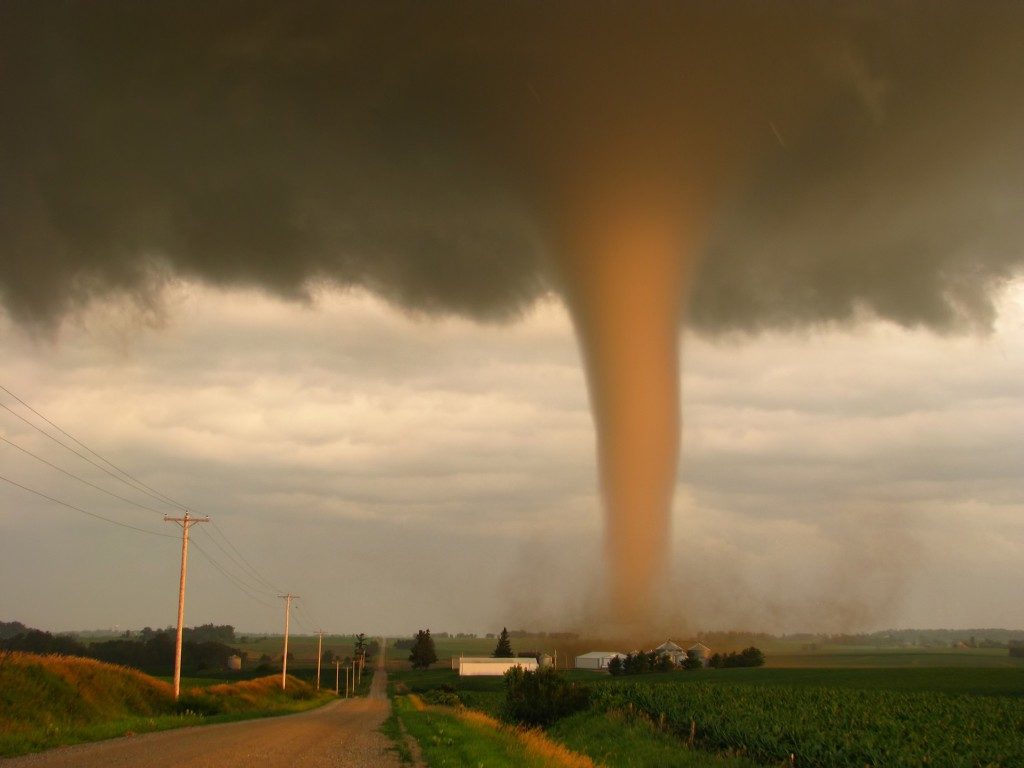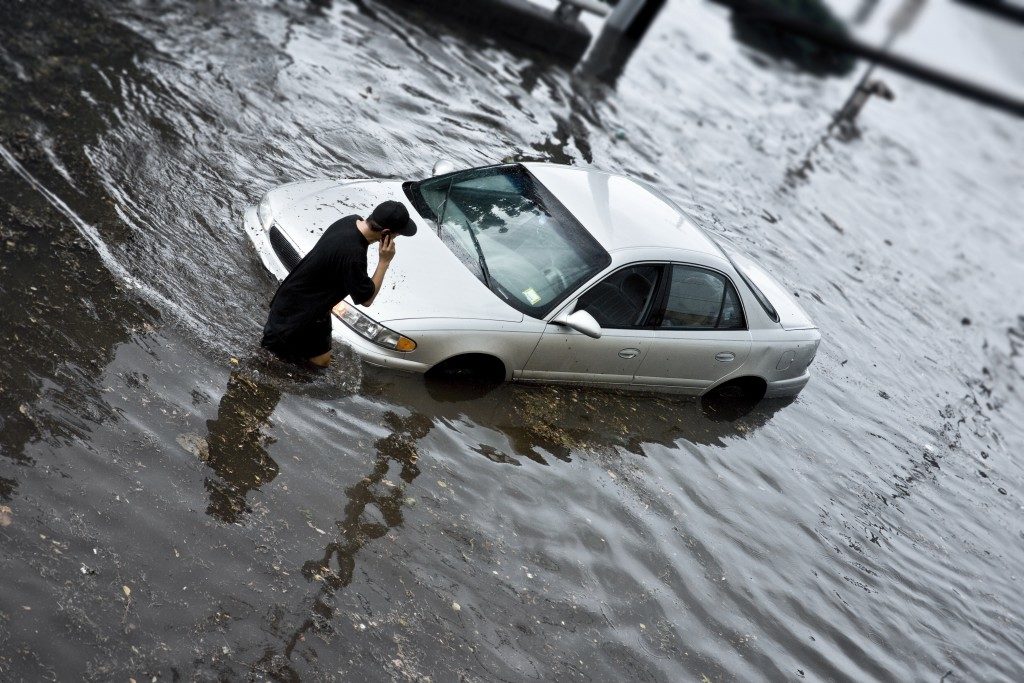Katrina, a category 5 hurricane, ravaged the city of New Orleans, decimating its population by half. An estimated 70% of inhabited homes, numbering 134,000, were also destroyed. It left an estimated total of 1,833 fatalities from the Gulf Coast states of Alabama (2), Florida (14), Georgia (2), Louisiana (1,577), and Mississippi (238).
Katrina originated in the Bahamas. Now Dorian, a category 3 hurricane, just slammed the tiny island nation, leaving death and destruction in its path.
FEMA (Federal Emergency Management Agency) led the Katrina disaster and relief operations. Private companies, like Wal-Mart, committed $15 million. Pfizer pledged support for the rebuilding of hospitals and for the relief operation of organizations like the American Red Cross, Salvation Army, and United Way of America.
Tornadoes and flooding in cities like Kansas City. Hurricanes in the eastern seaboard. Wildfires in the west. How do you prepare against the wrath of nature? Would collaborating with window companies be enough? Would sandbagging your driveway keep away floodwater from your homes?
It’s critical to know about the important things that you can and should do.
Heed the Warning
In an article published in The Washington Post, Robert J. Meyer wrote that 40 people drowned after Hurricane Sandy struck in 2012. The exact reasons for all the deaths weren’t firmly established but Meyer said that many did not heed the evacuation warnings.
Why do people stay? It’s important that you know so that you can weigh your own decisions. Brian Resnick wrote in Vox.com that some of the reasons why people stay are physical disabilities, not hearing the warning, and looting.
With today’s technology and information being pushed to multiple devices, it’s unlikely that you won’t hear any warning. Dealing with pets will always be a personal decision, but be familiar with laws like the PETS Act.
There is a saying in an Asian country that goes, “It’s better to be robbed ten times than to lose your home in one fire.” Your life matters more than any car or TV, but take what you can with you, like cash, jewelry, or important family heirlooms.
Safety Measures

Unless you are living under a rock, you’re bound to hear warnings to evacuate because of an incoming tornado or hurricane.
One of the first things that you need to do is to inform your family and friends about your plans and situation. Tagging yourself safe on Facebook might not be enough. Provide details, like you’re evacuating, sending family members to friends, or just driving home because you’re out of town. Let people know.
The American Red Cross also suggests designating a place where everyone in your home can gather. If it’s a tornado, this is usually a basement or a storm cellar.
Make sure that you also reinforce the sidings and roof of your house. During strong storms, this effort might not prevent destruction, but it will help minimize damage and thus help minimize the costs of repairs.
Sandbagging does help. How you will take care of your appliances and securing loose objects are important steps. But your life and your family matter more. Heed the warning and evacuate when you can.
